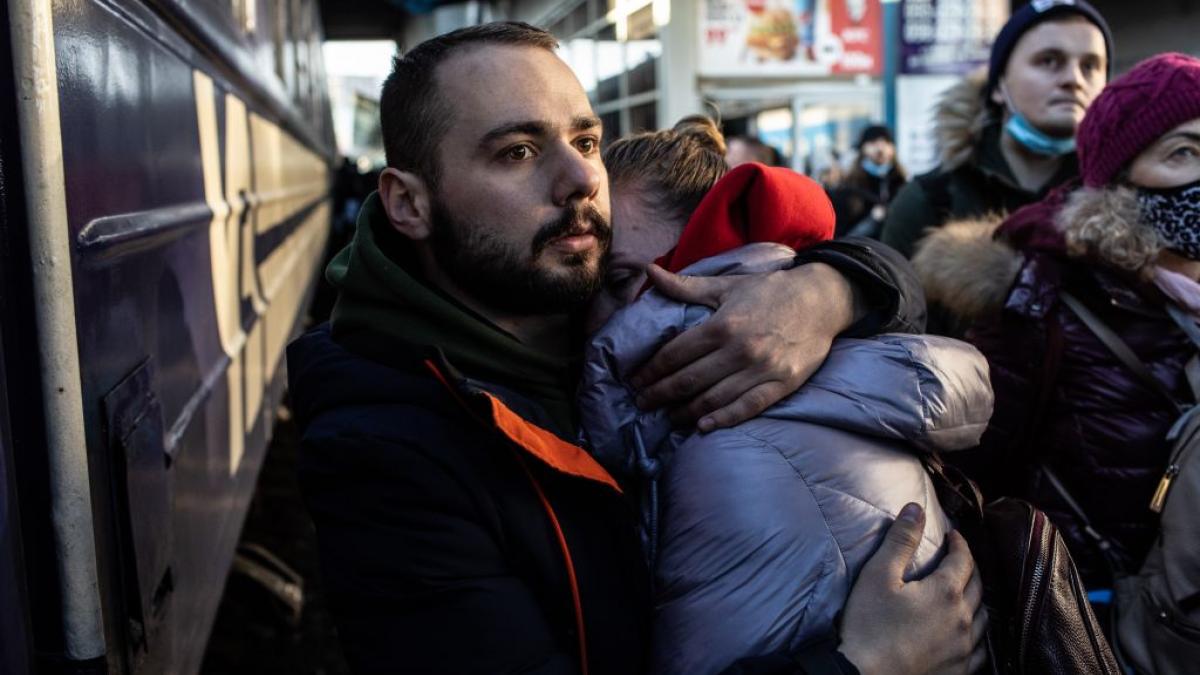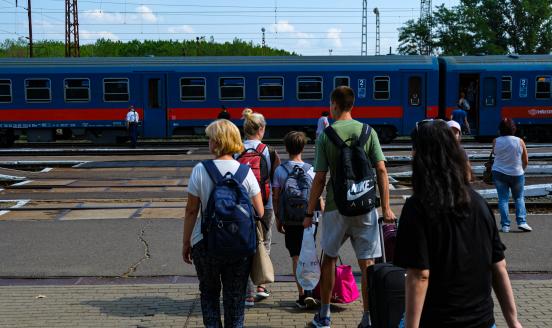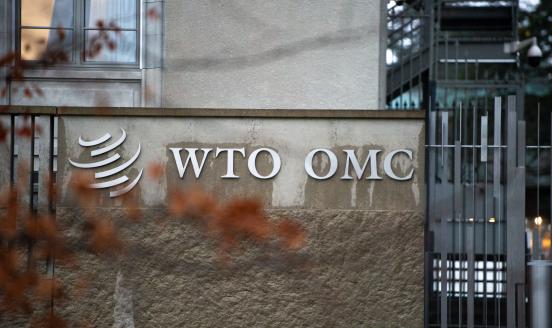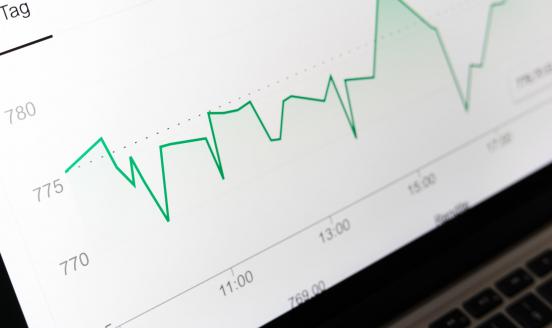Will Ukraine’s refugees go home?
The way to help Ukraine will be to assist in reconstruction and not place artificial impediments to immigration of those who have already suffered.

Executive summary
About 15 percent of the population has fled Ukraine since the start of the Russian aggression in February 2022. Nearly 4 million Ukrainians have already registered in European Union countries. Based in part on evidence that few refugees return voluntarily to poor countries once they settle in rich countries, even once security is re-established at home, it can be expected that large numbers of Ukrainian refugees are likely to remain in European host countries, and will likely be joined by others, including many men that remained to fight when the conflict is over.
Ukraine already has a long history of emigration. Its shattered economy, the likelihood of a protracted conflict and significant uncertainty with regard to its final status reinforce the argument that most refugees will not return and many more will join them. EU nations must prepare for. There will be large short-term costs and long-term economic gains from Ukrainian immigration in Europe. The best way to help Ukraine, and to moderate the likely outflow of its people, will be to assist in the country’s reconstruction, and not to place artificial impediments to the immigration of individuals who have already suffered greatly.
The authors thank for their comments and insights Piotr Arak from the Polish Economic Institute, Catherine Woollard of the European Council on Refugees and Exiles and Bruegel colleagues.



